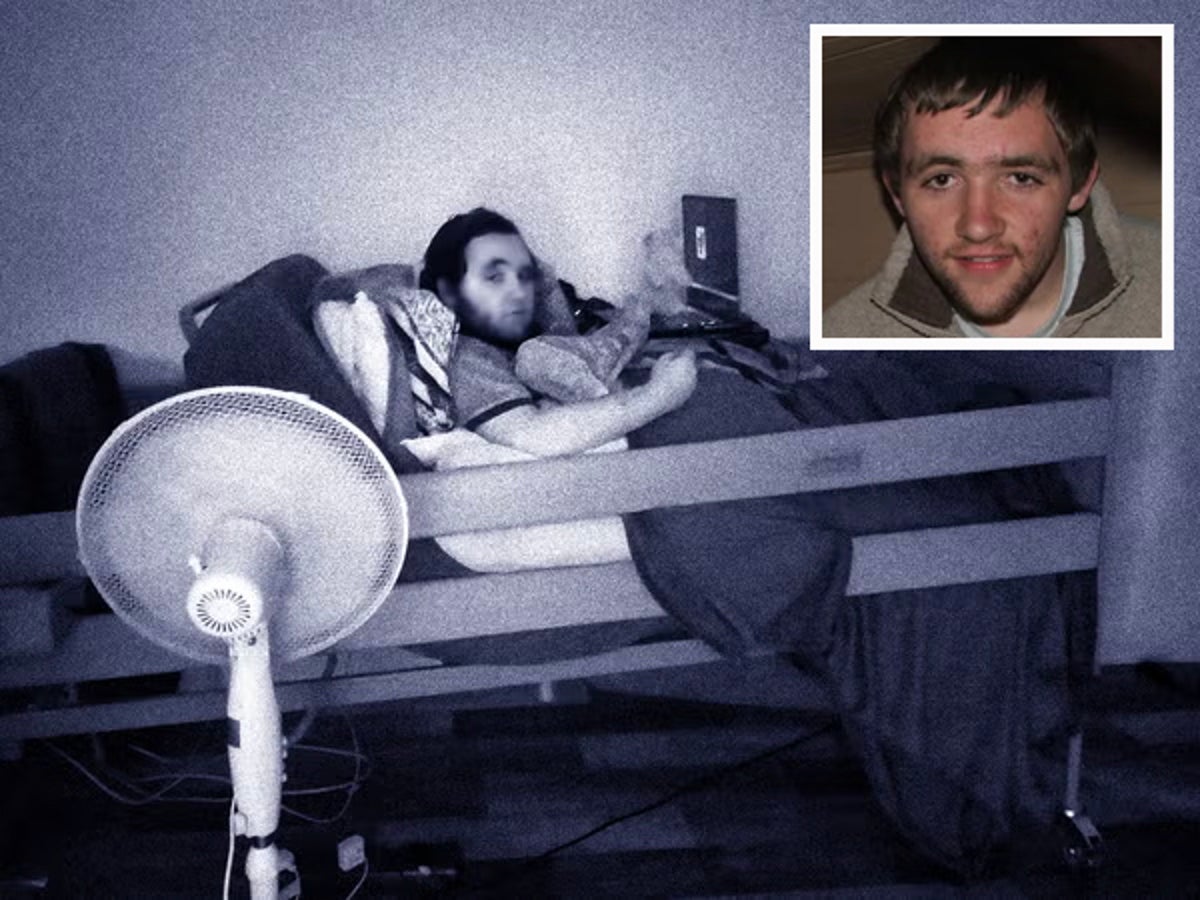
The government has been condemned for failing to end the “inhumane” treatment of people with learning disabilities and autism who have been locked up in solitary confinement for up to 20 years.
In a damning report following a four-year inquiry, House of Lords peer Baroness Hollins found the failure to act meant patients are being “warehoused” in hospital wards unsuitable for their needs, despite repeated government pledges to stop the practice.
Some 115 patients are currently being held in hospital isolation units, some for decades and many unnecessarily treated with antipsychotics, because there is nowhere to house them in the community.
The government first promised 10 years ago that it would end the practice of admitting people with learning disabilities and autism into hospitals without medical need. It later committed to ending the practice in its long-delayed mental health bill.
But it again failed to include it in yesterday’s King’s Speech, prompting criticism from some of its own MPs, who say the most vulnerable patients were being failed.
In her scathing report, Baroness Hollins said: “My heart breaks that after such a long period of work, the care and outcomes for people with a learning disability and autistic people are still so poor, and the very initiatives which are improving their situations are yet to secure the essential funding required to continue this important work.
“The humanity of people in solitary confinement gets forgotten. Their life story remains unknown. The use of solitary confinement affects the person’s identity to such an extent it causes what could be described as a “social death”.
The cross-bench peer’s warning to ministers comes as an investigation by The Independent uncovered the story of Nicholas Thornton, who has spent 12 years locked up in inappropriate institutions across the country and against his will.
Nicholas Thornton, 28, has been locked away for 10 years in unsuitable places— (Emma Thompson)
He is one of 2,045 people in the UK, 205 of them children, who are being forced to stay in inappropriate care because there are no community care spaces available – with half of them detained for more than two years.
Nicholas’s story comes two years after The Independent revealed a litany of failings following an NHS review into the life and death of Clive Treacy, who had learning disabilities and died in 2017 after 10 years of incarceration.
In 2019, Baroness Hollins was charged with chairing a team of experts to look into the care of all of those with learning disabilities and autism in hospitals who had been placed in long-term segregation.
Back then, there were 115 in isolation – a figure that remains unchanged four years later – with more than half of those locked up in 2019 still stuck in “inhumane” conditions.
In her report, Baroness Hollins revealed the story of a man who was forced to live in hospital for 20 years, much of it in solitary confinement.
Clive Treacey, who had epilepsy and learning disabilities, died on 31 January 2017 after 10 years of being incarcerated within hospitals— (Elaine Clark)
She also found patients were being harmed because they were being medicated with antipsychotic drugs when they were not needed, and that some had been inappropriately restrained.
Many patients who were already suffering trauma were further traumatised by their time in hospital because the units they were kept in could not meet their complex needs.
Baroness Hollins demanded that the use of segregation be “severely curtailed for people with a learning disability and/or autistic”.
She made several recommendations, calling for the government to take action, including:
- Any use of solitary confinement for people with a learning disability or autism should automatically trigger an investigation
- Staff working with people with patients with complex needs should deliver therapeutic and human rights-based care
- Anyone admitted to hospital should have a plan in place to return them to their home with support as soon as possible
- Before admitting a person to hospital a “contract” should be drawn up setting out how that person will be discharged
- Alternatives to hospital accommodation must be made available to avoid unnecessary detention
The report also calls for the government, NHS England and the Care Quality Commission watchdog to commit to funding and delivering interventions to reduce the use of solitary confinement and move people out of hospital as soon as possible.
Baroness Hollins is sponsoring the Down Syndrome Bill in the Lords— (PA)
Campaign group, Rightful Lives, whose members submitted evidence to Baroness Hollins’s review said: “We have heard some heart-rending stories and been appalled at the ongoing human rights abuses suffered by autistic people and people with learning disabilities.
“Basic needs are simply not met, abuse is rife and people face being totally dehumanised by their experiences. And as fast as people leave solitary confinement, other people take their place.”
The spokesperson said: “It seems that this government would rather throw money at delaying tactics than actually take any real action. Our concern remains with all the people who remain in solitary confinement because this government does not care enough to make the changes needed. Solitary confinement is toxic, inhuman and degrading and frequently in breach of international and domestic law and guidance.”
In a response to Baroness Hollins, mental health minister Maria Caulfield thanked her for her work and said: “I am absolutely clear that we must significantly reduce the use of long-term segregation [LTS] and if used, it should only ever be in a way that respects human rights, where the environment is of the standard set out in the Mental Health Act 1983: Code of Practice and is no more restrictive than is necessary for people’s safety.”
However, the minister did not commit to implementing any specific recommendations immediately and said further work would need to be done first.







